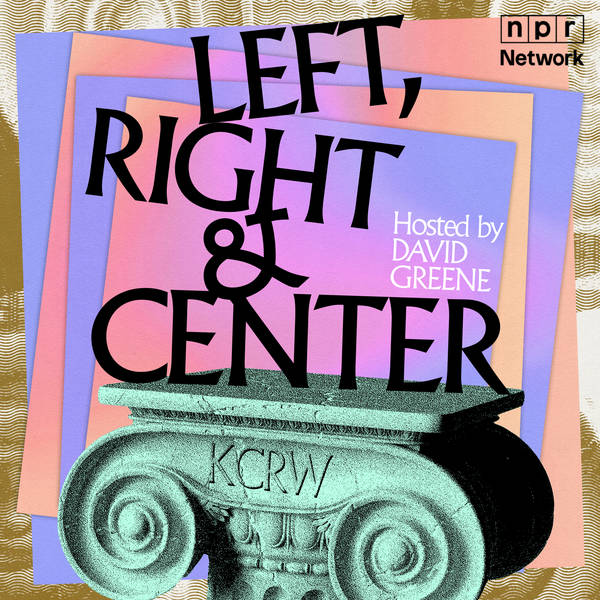
Voters feel less polarized post-Trump win, can Democratic Party follow suit?
Georgetown University released their annual “Battleground Civility Poll” this week, which found that voters believe national polarization decreased following Trump’s win. Voters gave polarization a 66.5 out of 100, the lowest score since 2019. While Kamala Harris scored higher on likability and hope for the future, Donald Trump scored higher on who could inspire results. Republicans won full control of Congress, but voters anticipate across-the-aisle compromise. Are people settling into Trump 2.0?
One of Trump’s loftiest promises this campaign cycle was to “end all wars.” What does that mean for the United States’ relationships with Israel, Ukraine, and China? Plus, controversy is surrounding Trump’s Cabinet picks, which so far include Marco Rubio for secretary of state and Elon Musk for the self-designated “first buddy.”
As the Republican Party preps for their future, the Democratic Party is reimagining theirs. Some congressional Democrats have spoken out against the party’s continued support of LGBTQ+ issues and the far left, claiming Democrats left everyday Americans by the wayside. In response, notable Democrats like Kentucky Governor Andy Beshear have pushed back against the idea of scapegoating progressives and the LGBTQ+ community. Is it possible for the Democrats to strike a balance?
